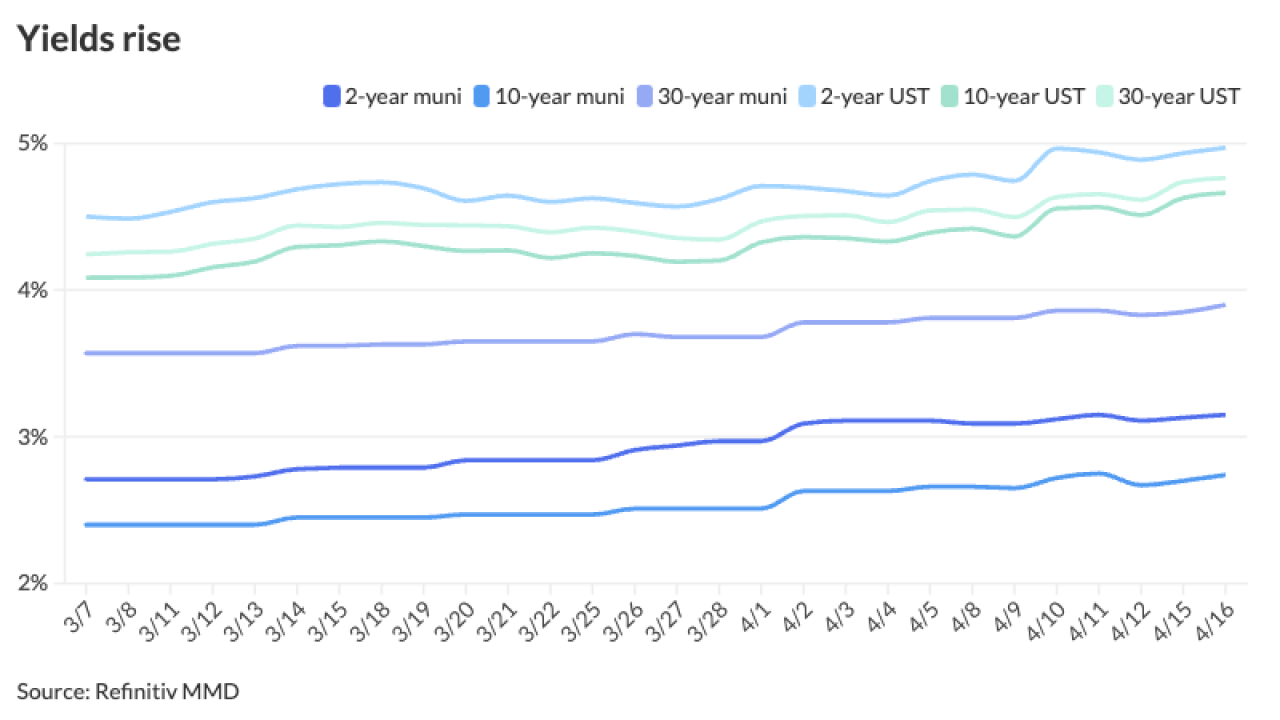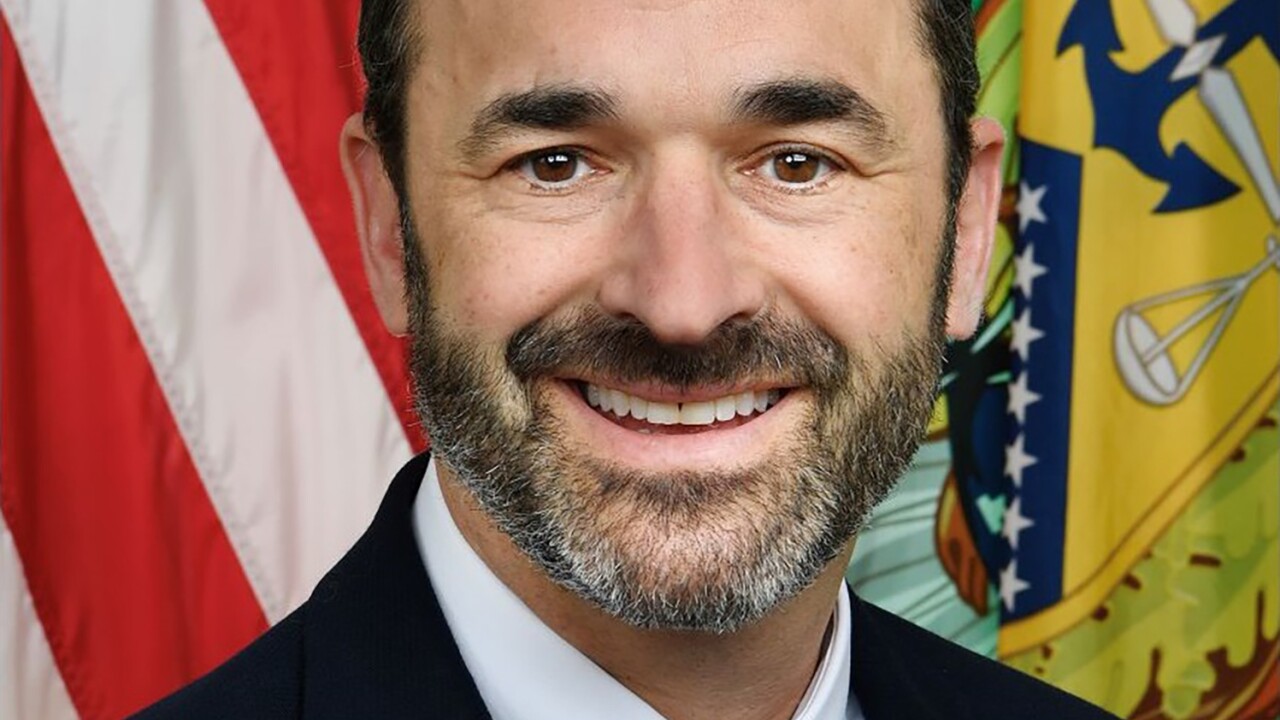DALLAS — The largest business association in Texas on Wednesday intervened in one of a cluster of lawsuits seeking to overturn the state’s public school funding system.
The Texas Association of Business wants the Legislature to determine how much it would cost to fund a more efficient educational system, and then provide the money needed to accomplish it.
Bill Hammond, president and chief executive officer of the group, said public schools may need more state money than they now get, but nobody knows the correct funding level.
“We need an honest broker to do the study on the true costs of educating a child,” Hammond said. “We’ll deal with the facts as they’re presented to us.”
Hammond said the court should require the Legislature or the Texas Education Agency to determine how much it costs to educate a Texas student.
“Once that is done, then the Legislature can determine if there is sufficient funding to do that,” he said.
“We think that a study on efficiency is absolutely critical for the future of this state, its people and its economy, and that’s why we are here today,” Hammond said.
Five plaintiff groups have filed separate suits in a Travis County state district court contending that various aspects of the current school funding system violate the Texas constitution. Judge John Dietz has combined the suits into a single trial that will begin Oct. 22.
Article 7 of the state constitution requires the Legislature to “establish and make suitable provision for the support and maintenance of an efficient system of public free schools.”
Four of the suits were filed on behalf of school districts, but the business group joined an action by charter school supporters.
The suit was filed in February by Texans for Real Efficiency and Equity in Education, which is headed by Kent Grusendorf, a former chairman of the House Education Committee, and represented by Craig Enoch, a former Texas Supreme Court justice.
The suit seeks funding equality for students rather than districts.
Enoch said state spending per student has increased while test scores are stagnant or falling.
“The purpose of our litigation is to put on the table the requirement that school districts, before they start arguing how much money they need, prove how much money it takes to educate a child,” Enoch said at Wednesday’s press conference in Austin.
Businesses bear the brunt of education financing in Texas, mostly through local property taxes, Hammond said.
“Texas businesses pay for two-thirds of the cost of education and are the ultimate consumer of the product of our Texas public education system,” he said.
“We have decided that the public school system in Texas, at present, is inefficient,” Hammond said.
“If you consider the graduation rate, which is only about 65% of ninth graders graduating in four years, and only 25% of them are career- and college-ready, clearly this is not an efficient system, ” he said.q
David Hinojosa, a San Antonio attorney who represents the Mexican American Legal Defense and Educational Fund in one of the funding lawsuits, agreed that graduation rates are too low. However, he said the latest intervention does not focus on equal educational opportunities but rather is an effort by the business group to reduce taxes.





